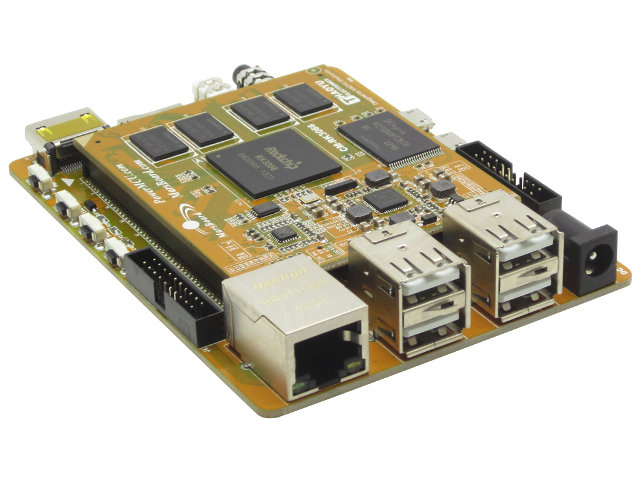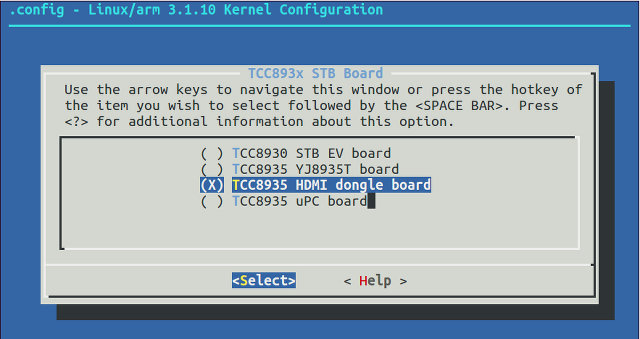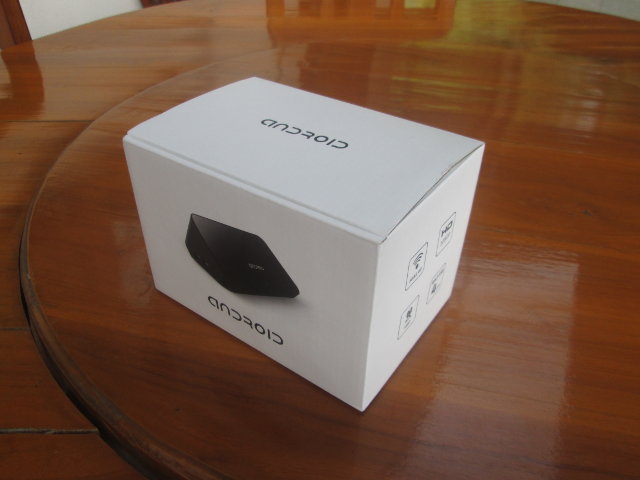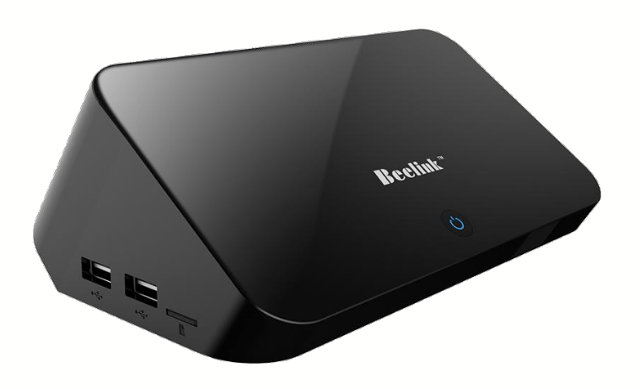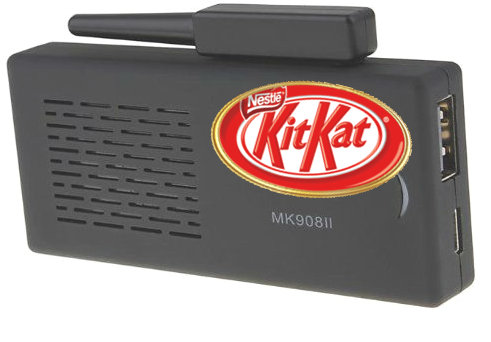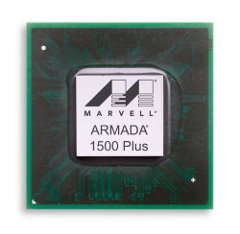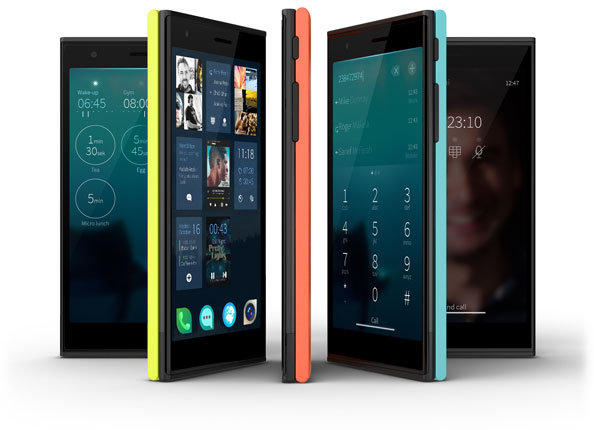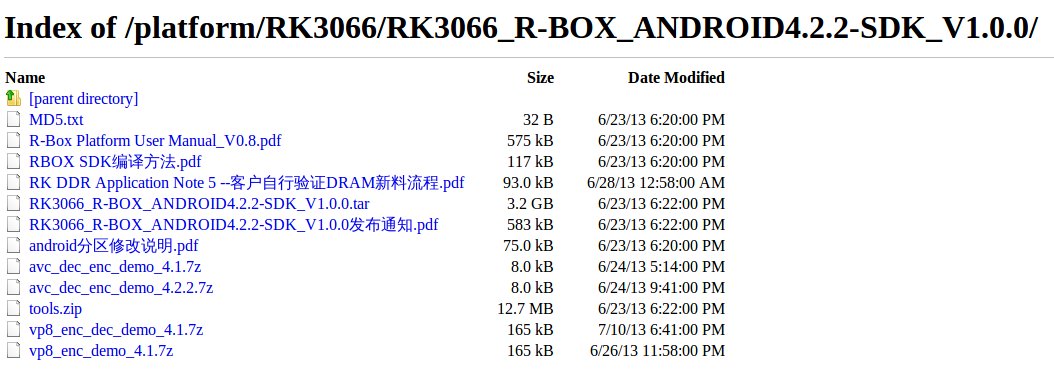Until now if you wanted a low cost Rockchip development board you’d have to go with Radxa Rock (Quad core RK3188) or WaxBerry Pi2 (Dual core RK3066). Thanks to Haoyu Electronics , the company who made MarsBoard A10, there’s now another option with MarsBoard RK3066 powered by Rockchip RK3066 dual core Cortex A9 SoC with 1 to 2 GB RAM, 4 to 8 GB Flash and lots of ports and expansion connectors. MarsBoard RK3066 is composed of a baseboard (SOM-RK3066) and a computer on module (CM-RK3066) with the following specifications: CM-RK3066 Computer-on-Module: SoC – Rockchip RK3066 dual core ARM Cortex A9 @ 1.6Ghz + Mali-400MP4 GPU System Memory – 1GB DDR3 SDRAM up to 2GB Storage – 4GB Nand Flash & eMMC FLASH Power Management Unit – TPS659102 Misc – TX indicator LED use for debug, Power Indicator LED 10/100M Ethernet PHY – LAN8720A SOM-RK3066 Baseboard: Storage – micro SD […]
Telechips TCC892X/TCC893X Android 4.2.2 SDK Leaked
I’ve been informed that an Android 4.2.2 SDK for Telechips TCC892x and the newer TCC893x (TCC8930, TCC8933, TCC8935) dual core SoCs has been leaked on the Internet. The file (v13.03_r1-tcc-android-4.2.2.tar.bz2) is a 2.7GB tarball, and appears to be a full SDK. You can download the file here if you are interested. After extraction, there’s 6.7 GB of data in the following directories: 40M ./libcore 5.8M ./docs 31M ./ndk 5.0M ./gdk 1.2G ./frameworks 324K ./pdk 95M ./development 18M ./bionic 544M ./kernel 228M ./device 106M ./hardware 24M ./bootable 295M ./packages 55M ./sdk 151M ./cts 2.4G ./prebuilts 1.7G ./external 40M ./dalvik 9.1M ./system 108K ./libnativehelper 6.9M ./build 104K ./abi 47M ./vendor The linux kernel is based on Linux 3.1.10, and there are a few config files to choose from with configs forh HDMI TV dongles, micro PCs, STBs, and evaluation boards for TCC8930, TCC8935, TCC8920 and TCC8925.
|
1 2 3 4 5 6 7 8 9 |
kernel/arch/arm/configs$ ls tcc* tcc8920st_defconfig tcc8935st_dongle_single_defconfig tcc8925st_dongle_defconfig tcc8935st_upc_defconfig tcc8925st_upc_defconfig tcc8935st_upc_single_defconfig tcc8925st_yj8925t_defconfig tcc8935st_yj8935t_defconfig tcc892x_defconfig tcc8935st_yj8935t_single_defconfig tcc8930st_defconfig tcc893x_defconfig tcc8930st_single_defconfig tcc893x_single_defconfig tcc8935st_dongle_defconfig |
YJ8925T boards supports HDMI and […]
Review of Beelink A9 RK3188 Android Media Player
Beelink A9 is an Android TV Box powered by Rockchip RK3188 SoC with 2GB RAM, and 8GB RAM (See full specs). The hardware is pretty standard, but the company released Android 4.4 SDK for the device, so when Beelink / Nexteon told me they wanted to send me one for review, I accepted. I won’t test the Android SDK today, but I’ll just show the pictures of the device, and run my usual series of tests for review. The shipped sample is not running Android 4.4 (beta), but Android 4.2.2. Unboxing Pictures I’ve received this Android media player in the no brand package below. I’m not sure if Beelink will sell directly to individuals, so you’ll likely to received some different if you order Tronsmart A928 or Zero Devices Z6C which are based on the same platform. There are quite a few accessories in the package: The box itself, a […]
Beelink A9 Android TV Box Features Rockchip RK3188 SoC
Beelink A9, soon to be sold as Tronsmart A928 or Zero Devices Z6C, is a yet another RK3188 box with 2GB RAM, and 8GB Flash running Android 4.2, upgradeable to Android 4.4.2, and if it was not one of the four devices with Android 4.4.2 SDK I may not have decided to write about it. But since it should be more easily hackable with the SDK release, although with caveats, it becomes much more interesting. A9 Specifications: SoC – Rockchip RK3188 quad core Cortex A9 @ 1.6Ghz with Mali-400MP4 GPU @ 533MHz System Memory – 2GB DDR3 Storage – 8 to 16 GB eMMC flash + microSD slot (up to 32GB) Video Output – HDMI Audio I/O – HDMI, S/PDIF, 3.5mm audio out jack, built-in MIC. Connectivity – 10/100M Ethernet, dual band Wi-Fi 802.11 b/g/n, and Bluetooth 4.0 USB – 3x USB 2.0 host ports, 1x micro USB OTG port […]
Android 4.4.2 KitKat SDK Released for Rockchip RK3188 mini PCs: MK908, MK908 II, MK918 and A9
Shenzhen AW Technology Co Ltd, a company specializing in home entertainment equipment development, manufacturing, and sales, has just informed me they’ve released Android 4.4.2 SDK (Software Development Kit) for four Rockchip RK3188 devices, namely MK908, MK908 II, MK918, and A9. If you’ve never heard about A9, it looks very similar to the upcoming ZERO Devices Z6C. The four SDKs are available in the download page which links to baidu.com as follows: MK908 Android 4.4.2 SDK – password: lvlb MK908 II Android 4.4.2 SDK – password: wpwa MK918 Android 4.4.2 SDK – password: kafo A9 II Android 4.4.2 SDK – password: f1zb Each download section is composed of three files. For MK908, we’ll get: rk3188_4.4.2_without_kernel_20131230.tar.gz (3.85GB) – The Android SDK itself without Linux kernel readme.txt kernel_mk908_20131230.tar.gz – The kernel source code I haven’t completed the download yet, but the readme explains how to use build Android, and flash the SDK: After […]
Marvell Unveils ARMADA 1500 Plus (88DE3108) SoC for Android and Linux Smart Video Platforms
Building on top of it ARMADA 1500 SoC for Google TV, Marvell has recently announced the ARMADA 1500 Plus (88DE3108) HD secure media processor SoCdesigned for smart video products based on Android 4.2.2, and Linux, such as media players, OTT boxes, hybrid set-top boxes and smart TVs. ARMADA 1500 Plus features two ARM Cortex A9 cores, Vivante GC1000 and GC300 GPUs, respectively for 3D and 2D graphics, and integrates an HDMI receiver and Gigabit Ethernet. Hisense will be among the first to use the platform with the upcoming H6 Smart TV and Pulse Pro set-top-box, but details have yet to be released for these two products. Here are the key features of 88DE3108 SoC: Processor – Dual core Cortex A9 with over 6000 Dhrystone MIPS Dedicated 3D and 2D graphics acceleration – dual threaded unified shader (Vivante GC1000 and GC300) with support for OpenGL ES 1.1/2.0 and DirectFB. Video vMeta […]
Jolla Sailfish OS Smartphone Is Now Officially Available
Jolla opened pre-order for the Jolla phone, the first phone based on Sailfish OS, in May this year, but the phone official launch took place yesterday in Finland with just 450 Jolla phones available out of the over 50,000 pre-orders. In May, Jolla hardware specifications were incomplete, but the company has recently released the full details, as you can see below. Jolla specifications: SoC – Qualcomm Snapdragon 400 dual core processor @ 1.4GHz + Adreno 305 GPU System Memory – 1GB RAM Storage – 16GB NAND flash + microSD slot Display – 4.5″ IPS qHD (960×540) display, 5-point multi-touch with Gorilla 2 Glass Network – GSM/3G/4G LTE (Works on 6 continents) with micro SIM Connectivity – WLAN802.11 b/g/n @ 2.4GHz, Bluetooth 4.0 EDR HS, AGPS & GLONASS Camera – 8MP AF camera with LED flash, 2MP front-facing camera USB – micro USB 2.0 HS Audio – 3.5mm audio jack. microphone, stereo […]
Rockchip RK3066 Android 4.2.2 HDMI TV Stick SDK Leaked
About 10 days ago, Android 4.2.2 SDK for MK908 (RK3188) HDMI TV Stick was leaked, and now, I’m reporting another leak, this time for the Android 4.2.2 SDK for the Android TV Boxes based on the older Rockchip RK3066 dual core processor. The files were first found on an FTP server, but one of Freaktab members uploaded a compressed image of all files, RK3066_R-BOX.7z (3.2GB) to MEGA.co.nz. The content of the SDK directory comes with a bit of documentation, AVC and VP8 encoding and decoding demos, and the SDK itself as a 3.2GB tar. I’ve haven’t download the file yet. If you switch to the parent directory, you’ll find more documentation such as several datasheets and RK3066 technical reference manual, hardware files (Schematics, PCB layout, BoM), and some manufacturing files. If you go up to the parent directory, you’ll also find an A20 directory with AllWinner A20 Android SDK (homlet […]


